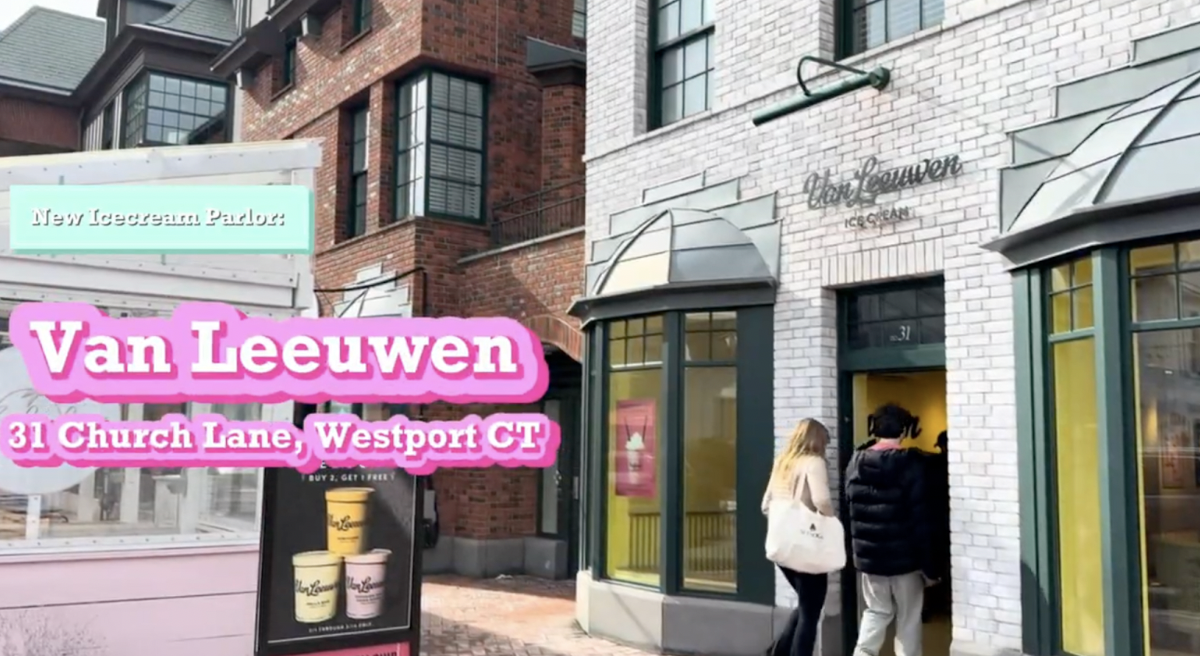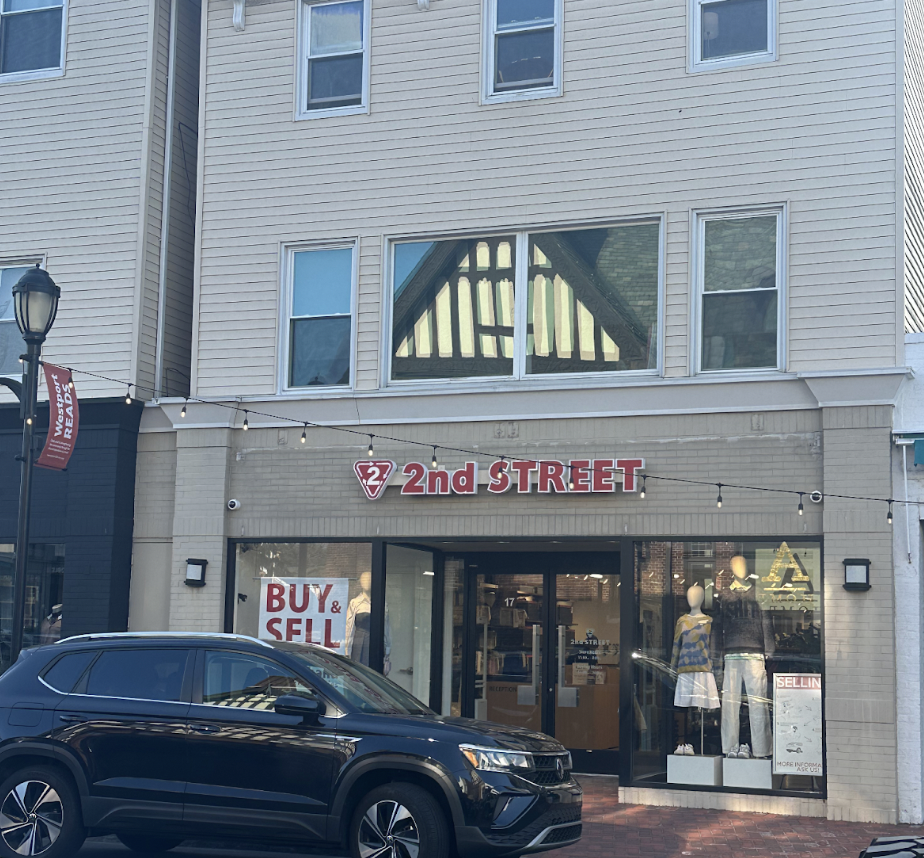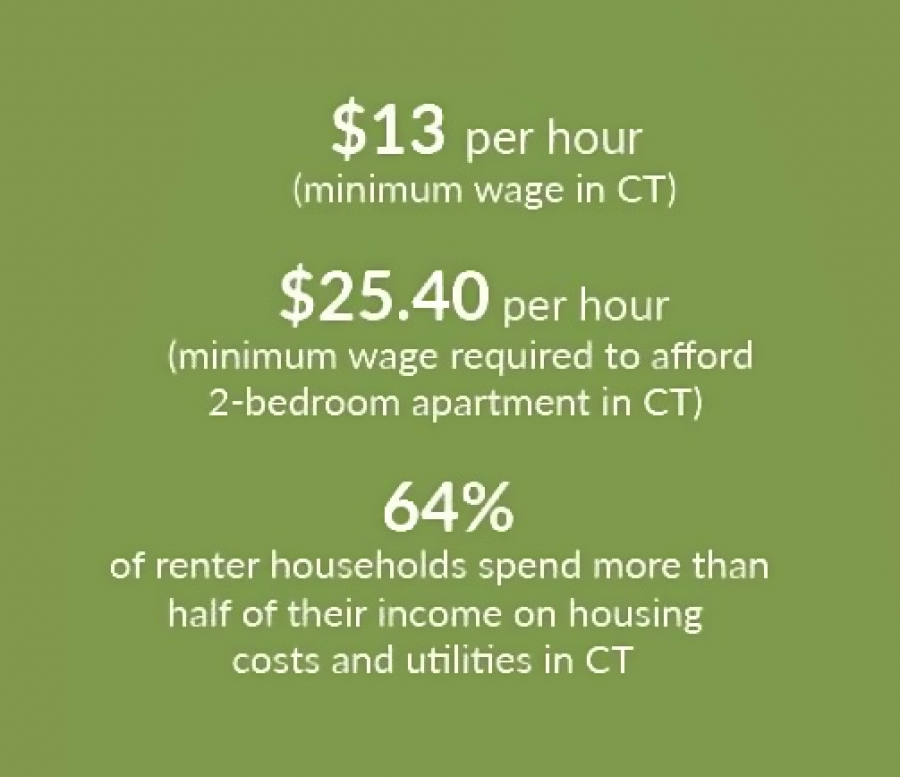Connecticut leaders dispute over affordable housing law reform
For a year, town and state leaders have demanded reform of Connecticut’s 8-30g affordable housing law,
The law, passed in 1989 in the 8-30g section of Connecticut General Statutes, guarantees that developers may build affordable housing in any area regardless of town zoning restrictions—unless there are significant health or safety concerns—if a town does not have 10% of its housing deemed affordable.
Alexis Harrison, the Fairfield Town Planning & Zoning Commissioner, expressed her dissatisfaction with the law.
“Certainly, increasing affordable housing is a laudable and a necessary goal,” Harrison said, “but the statute has been hijacked by predatory developers and investors who have been able to game the local zoning ordinances by using 8-30g to supersede zoning laws, reap profits and collect tax incentives from developments that ordinarily couldn’t be built.”
Harrison’s concerns arise from the possibility of large buildings being awkwardly forced into smaller-knit neighborhoods, or areas of the town that are not able to handle such a large project.
“We have certain areas of our town […] where the intersections are horrific,” Danielle Dobin, Chairman of Westport’s Planning and Zoning Commission, said, “and […] a developer could build a huge building there with 187 units, let’s say, and the town wouldn’t be able to stop it.”
In response to Harrison’s claims, David Waldman, president of David Adam Realty, a brokerage development and management company in Westport that develops commercial and residential properties, agreed, but said that there is another side to the story.
“While […] they are predatory developers, they’re still developers that are given the opportunity because of the state legislative rule,” Waldman said. “So yes, they are taking advantage of that, but the state put it out there for someone to take advantage of.”
In addition, both Dobin and Harrison object to the 8-30g statute that forces towns to achieve the requirement of 10% of their housing stock meeting the requirements to qualify as “affordable.”
“It is a virtual mathematical impossibility for most towns to ever achieve 10% of their housing stock as affordable,” Harrison said. “Even so, this ratio is often cited at zoning hearings and in court appeals and judges’ decisions as evidence that the town is not doing much to add affordable housing to its housing stock.”
State Senator Will Haskell, who represents Connecticut’s 26th District (which includes Westport), said that collaboration between the state and local government can help create the best solutions in regard to affordable housing in Westport.
“There’s no easy or short answer when it comes to affordable housing. I think we need more of it, here in Westport and across the state,” Haskell said. “I also believe that local Planning and Zoning Commissions are best equipped to make decisions about specific developments in their towns.”
Furthermore, Dobin also believes that 8-30g can prevent the creation of multi-family homes, in contrast to single-person studio apartments or other living facilities.
“We’re really focused on creating an affordable community designed for families because most of what comes out of 8-30g [is] studios and one-bedroooms,” Dobin said. “I think that the law hopefully will be refined because it hasn’t been successful in creating opportunities for [low income] families in affluent communities, and that was kind of what it was designed to do.”
Haskell also commented on the progress that state lawmakers have made in the last year with specific zoning ordinances.
“I don’t foresee major changes to 8-30g, but I am proud of the legislation we passed last year that does amend zoning statutes,” Haskell said. “We […] enabled local authorities to impose stronger standards for sustainable water and energy systems in new developments.”
Waldman does not completely agree with how much impact a developer using an 8-30g can have on a community, however he admitted that the reality of the situation is that sometimes developers have no choice in order to build developments they desire.
“There was a point during that process [of building condos] where I didn’t feel I was getting a fair shake from the commissioner, and this was before [Dobin] was on the board, and I contemplated doing an 8-30g there,” Waldman said. “Ultimately, it’s very difficult sometimes to get approvals, and they take a lot of time, and for a developer, time kills mostly every deal.”
Dobin hopes that citizens across town will involve themselves in changing planning and zoning procedures.
“We can kind of tie our hands behind our backs and watch the courts and private developers decide where they want to build housing and what it’s going to look like,” Dobin said. “Or we can be involved proactively as a town to shape what that housing looks like and figure out the best place to put it that works for our town.”

Associate Managing Editor Phoebe Miller ’23 leads a dominant role on the Staples girls’ gymnastics team.
“It’s really nice being able to challenge...
















































